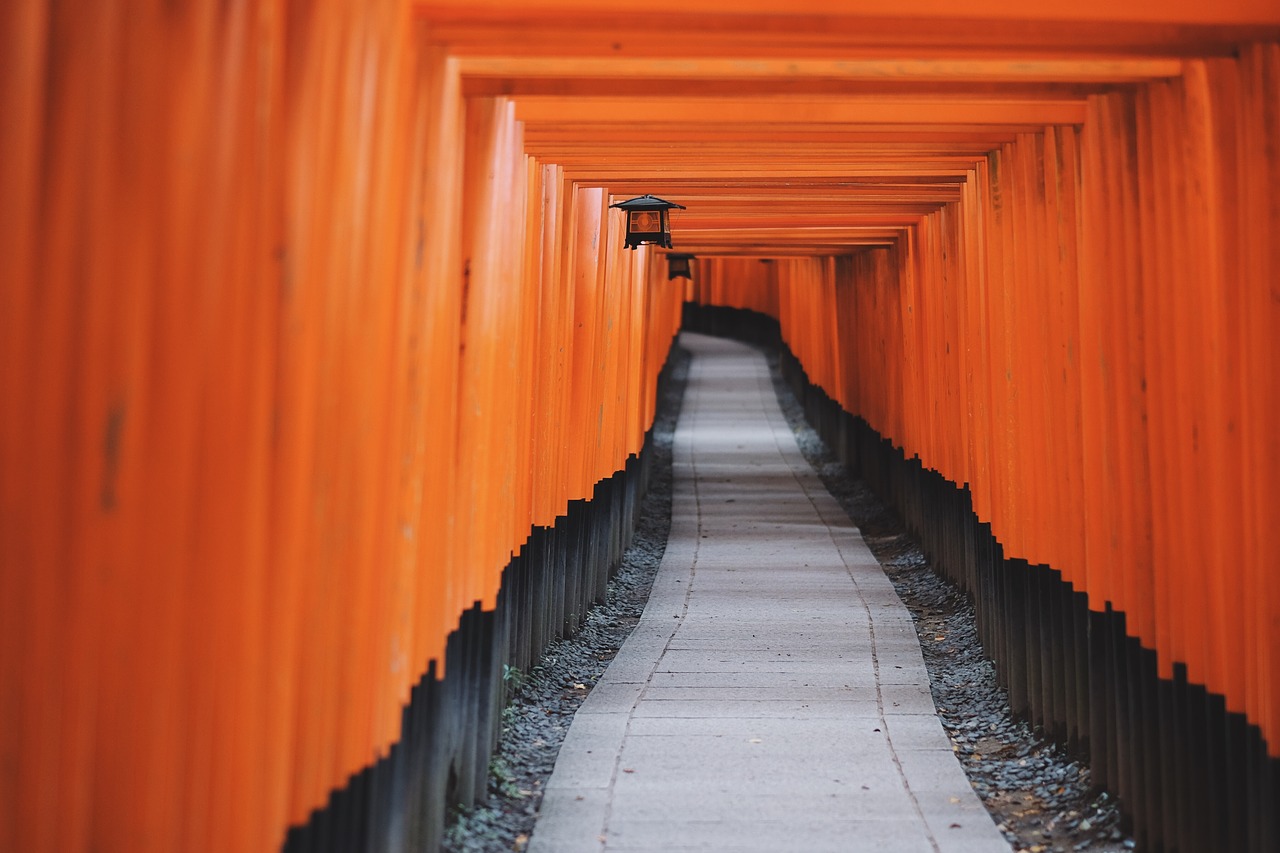From Laurence Freeman, OSB, “Depth,” LIGHT WITHIN (New York: Crossroad, 1986) pp. 105-107.
Because it is so demanding, it can almost seem that peace is more frightening than violence—the violence we do to ourselves or the violence done unto others. Peace at depth turns our world upside down. We have to enter into a very fine balance of life, the fine frequency of the Spirit, to find the simplicity and subtlety to respond to Christ’s dynamism. To enter into that depth, to open up to that depth means becoming vulnerable and remaining vulnerable, not only in prayer but in every part of life.
Love creates vulnerability, the vulnerability of compassion or unconditional commitment. Maturely, we also have to learn to be resilient because being vulnerable will mean that we are wounded and we mustn’t allow being wounded to close us up again. That particular balance between vulnerability and resilience is part of the unique intellectual, psychological, spiritual amalgam that a human being is. Each one starts from a different kind of imbalance but all are called to the same balance and centrality, the same rootedness in the one who was wounded but who was resilient in the transcendence of forgiveness.
After meditation: “LOVE” by Franz Wright in GOD’S SILENCE (New York: Knoph, 2006), p. 99.
LOVE
While they were considering whether to stone her—
and why not? —he knelt
and with his finger wrote
something in the dust. We are
as you know made from
dust, and the unknown
word
was, therefore, and is
and forever will be
written in our flesh
in gray folds of
memory’s
flesh. En
arche en ho logos:
Image by Free-Photos from Pixabay





